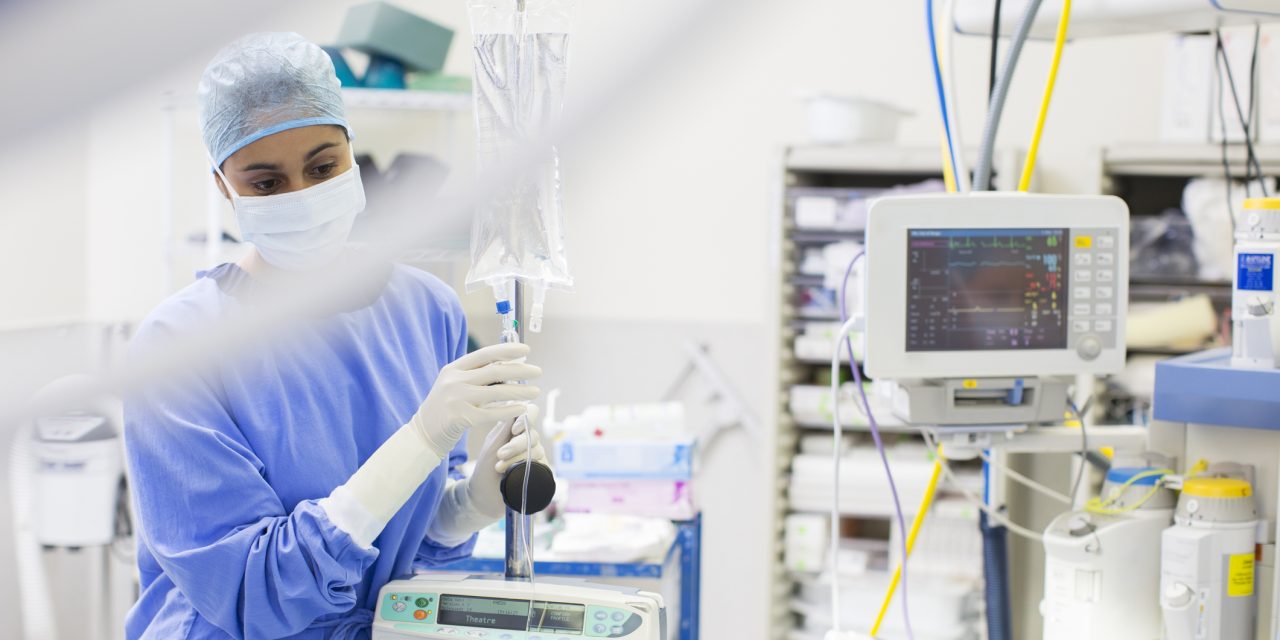Kidney transplant recipients (KTRs) are at increased risk for infections.
The aims of this study were to describe the incidence of bloodstream infections (BSI) by Gram-negative bacteria in a cohort of KTRs, the risk factors for BSI due to multidrug-resistant (MDR) Gram-negative bacteria, and the predictors for unfavorable outcome, defined as death or nephrectomy or return to dialysis, within 30 days from BSI. We conducted a retrospective cohort study at the Renal Transplant Unit of a tertiary care hospital in Athens, Greece.
In a total of 1962 kidney transplant recipients, we recorded 195 BSI episodes in 182 single patients (male/female=97/85), with a median (interquartile range) age of 57.2 (44- 64.9) years. The incidence was 1.393/100 patient-years. The most common source of infection was urinary tract (70.9%) and Escherichia coli (63.7%) was the most common pathogen. 19.2 % of the infecting organisms were MDR; previous antibiotic use (OR 8.2; CI 2.1-32.9) and previous stay in the Intensive Care Unit (OR 34.2; CI 1.6-730.2) were associated with MDR BSIs. 6% of patients died, and 2.2% underwent nephrectomy, while no patients had to return to dialysis. Diabetes mellitus (OR 8.1; 95%CI 1.3-50.3), Pseudomonas aeruginosa BSI (OR 46.1; 95% CI 3.9-552.3) and septic shock (OR 46.7; 95% CI 1.7-1304.9) were independent predictors of unfavorable outcome.
BSIs in KTRs have a significant impact on allograft and patients outcome.
This article is protected by copyright. All rights reserved.
Bloodstream Infections by Gram-negative Bacteria in Kidney Transplant Patients: Incidence, Risk Factors and Outcome.


